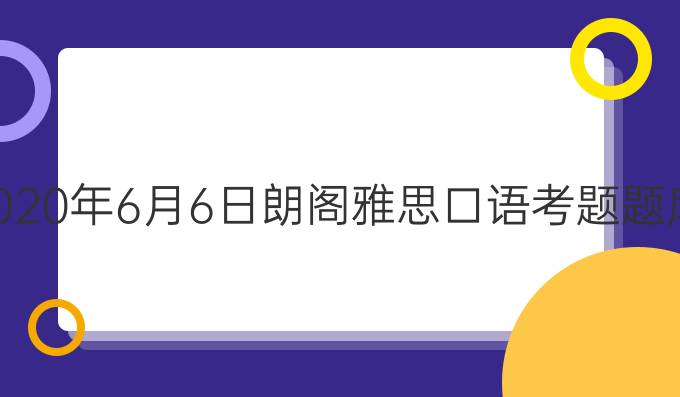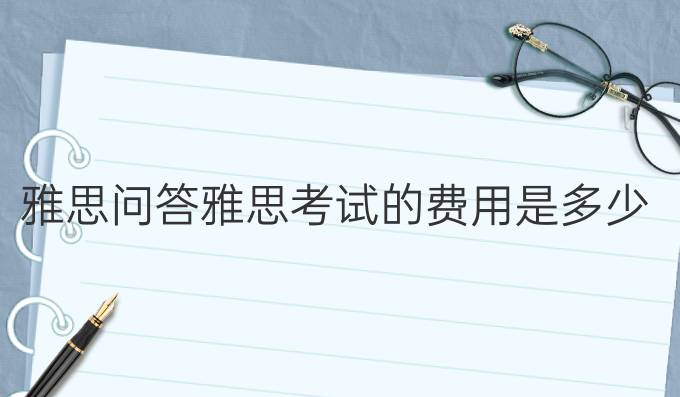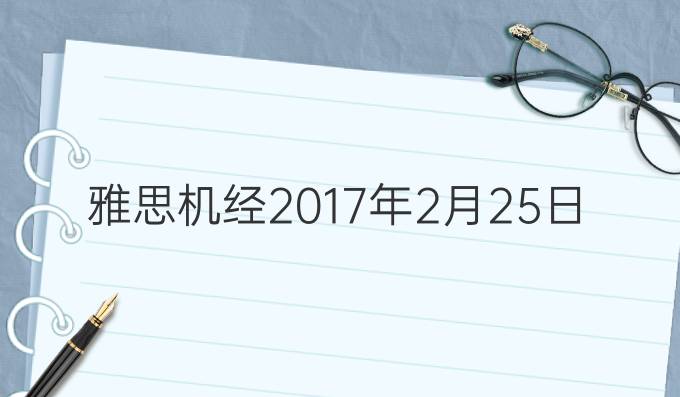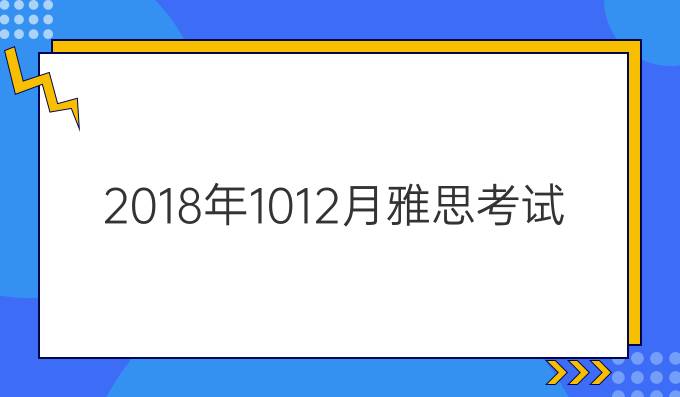Part 3

1. Describe a subject you used to dislike but now have interest in
1) Which one do you prefer? Learning many subjects at one time or learning one subject at one time?
Sample answer:
Well, I reckon that it depends on your goal and interest. If you want to be an expert in a specific field, it's better for you to learn one subject at a time. If you want to be a knowledgeable and well-informed person, you'll be better off studying a number of subjects at the same time. Personally speaking, I think learning many subjects at one time is better. But here I have a premise. Those subjects should have some kind of connections with each other. For example, it’s pretty hard for one to learn engineering, philosophy and music at the same time because they belong to distinct systems. It is very challenging to learn a couple of things which are totally different. My point is under the same category, one can learn as many subjects as possible. For example, a student can learn science, math and computer engineering at the same time. Learning only one subject may become tedious while learning many subjects is more inspiring. One can find out the similarities or summarize the common methods which are useful for the whole learning process.
2) Do you think learning many subjects is beneficial to your work?
Sample answer:
Absolutely. Presently I am an English teacher in a prestigious establishment. My job consists of understanding various needs of my students, preparing adequate and appropriate materials of different fields and helping my students do better in the final exam. For example, my students may major in computer engineering, mathematics, international trade, music or even Chinese. As a result, chances are good that I may come across new concepts and ideas from these distinct areas. In order to better understand and communicate with them, it's necessary for me to learn as many subjects as possible. For instance, economics, philosophy, arts, etc, you name it. So it is the case that the more subjects I learn, the better. What’s more, I think what matters most is the ability of learning nowadays. Interdisciplinary study allows me to learn by making connections between ideas and concepts across different disciplinary boundaries and is an effective way to deepen my learning experience, which enables me to apply the knowledge gained in one discipline to another different discipline.
3) What subjects are more practical to learn nowadays?
Sample answer:
Actually, there are a lot of practical subjects to learn nowadays. Firstly, I think food technology is the number one subject that should be taught in schools. No matter how fast society and technology changes in the coming decades, we’ll always need to eat the right food, know what foods are nutritious and food hygiene, especially in a world where things get more complicated concerning food sources, safety and genetically modified organism, etc. Secondly, I reckon the computer software-related courses are also practical. It’s because nowadays, our daily life and work can never be separated from mobile phones and computers. And if we can learn to use it wisely, it can really help us to save a lot of time and energy. There is actually tons of software that is useful and practical and deserves our attention. For example, when I write an article, the formatting part is highly required but very annoying because of different formats. In that case, if I know how to use the computer software to automatically build the format, it can not only be time-saving but also increase the total accuracy. Another practical subject is coding, which is an incredibly useful skill to have. Learning how to code at school will give students a head start in a global economy where coders are in high demand.
4) Do you think all teachers should have entertaining teaching styles?
Sample answer:
I don't think so. Just like every human being has his own personality, every teacher should have his own style of teaching. As traditional teaching styles evolve with the advent of differentiated instruction, more and more teachers are adjusting their approach depending on their students’ learning needs to make their classes more effective. It is necessary that teachers adjust their teaching styles but that doesn't mean the entertaining teaching style is the only choice. Apparently, it depends on the students. I guess entertaining teaching style is suitable for children because they are lively and energetic and need more interaction with the teacher. And maybe it’s not a right approach for older and more mature students. For instance, if a teacher is really bad at entertaining and he still entertains for the sake of it, things may totally go to the opposite. A serious university teacher may have authority teaching style which is teacher-centered and frequently entails lengthy lecture sessions or one-way presentations. This style is acceptable for certain higher-education disciplines and auditorium settings with large groups of students who are expected to take notes or absorb information. For example, this kind of pure lecture style is most suitable for teaching subjects like history, which necessitates memorization of key facts, dates, names, etc. So I don't think all teachers should have entertaining teaching styles.
2. Describe the last book that you read
1) In your country, who would ask the children to read, schools or parents?
Sample answer:
In my country, parents would ask children to read books as many as possible. Since parents want to cultivate children to have a good habit of reading, many parents read books with their children together. In addition, parents expect their children to have a better study performance in the school through reading various books.
2) Do you prefer paper books or e-books?
Sample answer:
In my opinion, I prefer reading paper books. As a traditional form of books, paper books provide me a true feeling of reading. When I finish a paper book page by page, I would have a sense of achievement. Compared to paper books, I have to read e-books with my computer or mobile phone, which increases a large amount of screen time. As we all know, too much screen time would result in poor eyesight, so e-books may be bad for health.
3) What kind of books do children read?
Sample answer:
In my opinion, story books and books about science are suitable to children. Story books can make children equipped with narration skills. Besides, children can have a better understanding about the world they live in through reading science books.
.png)






